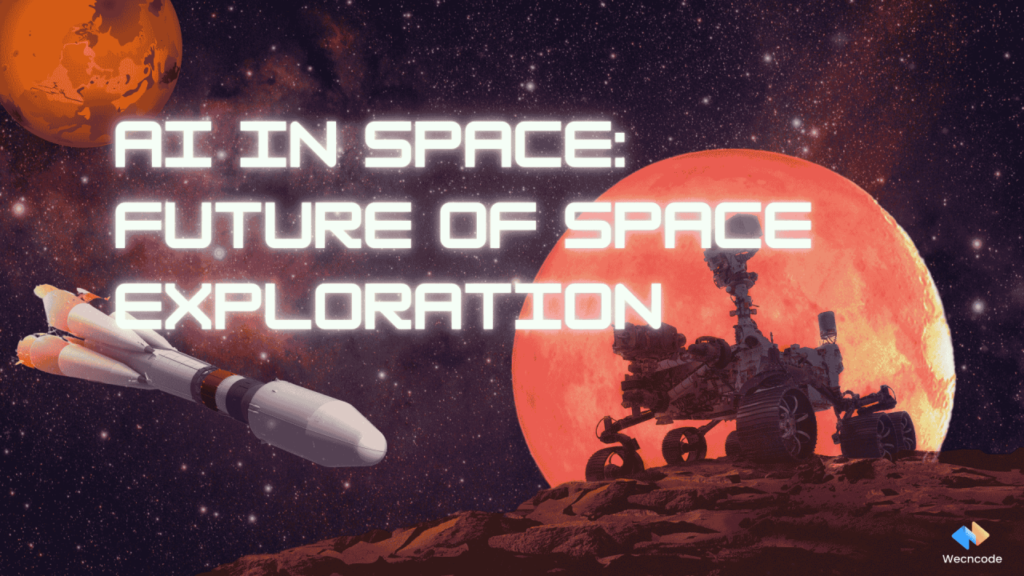Introduction: A New Space Age
Humanity is on the brink of a new era in space exploration. With advancements in artificial intelligence, reusable rockets, and plans for Mars colonization, the dream of interplanetary travel is closer than ever. This article explores the future of space exploration, highlighting key developments and what lies ahead.
Mars Colonization: Humanity’s Next Home?
Mars has long been considered the most viable planet for human colonization. Companies like SpaceX, Blue Origin, and NASA are investing heavily in missions to establish a sustainable human presence on the Red Planet. Challenges include radiation exposure, food and water supply, and the psychological impact of long-term space travel. Despite these obstacles, the goal is clear: creating a self-sustaining colony on Mars by the 2030s.
The Role of AI and Robotics in Space
Artificial intelligence and robotics are revolutionizing space exploration. AI-powered rovers like Perseverance are already exploring Mars, analyzing soil samples and searching for signs of past life. Future AI applications include autonomous spacecraft navigation, advanced space mining operations, and AI-driven mission planning, reducing human error and increasing efficiency.
The Rise of Private Space Companies
Gone are the days when only government agencies explored space. Private companies like SpaceX, Blue Origin, and Rocket Lab are leading the charge in commercial space travel. Reusable rockets, space tourism, and asteroid mining are now part of the expanding space economy, making space more accessible than ever.

Interstellar Travel: Science Fiction or Future Reality?
Interstellar travel has long been the stuff of science fiction, but scientists are actively researching ways to travel beyond our solar system. Breakthrough Starshot, a project backed by Stephen Hawking, aims to send tiny spacecraft to the Alpha Centauri system using laser propulsion. Nuclear fusion and antimatter propulsion are also being explored as potential technologies for future deep-space missions.
The Search for Extraterrestrial Life
One of the biggest questions in space exploration is whether we are alone in the universe. Missions like the James Webb Space Telescope (JWST) and SETI (Search for Extraterrestrial Intelligence) continue scanning the cosmos for signs of life. Upcoming exoplanet missions may finally answer the age-old question of whether habitable planets exist beyond Earth.
Challenges and Ethical Considerations
While the future of space exploration is promising, it comes with significant challenges and ethical dilemmas. Space debris, environmental concerns, and the militarization of space pose risks to sustainable exploration. International collaboration and responsible policies will be key in ensuring that space remains a frontier of discovery rather than conflict.
Conclusion: A Bold Future Awaits
The future of space exploration is filled with possibilities, from colonizing Mars to discovering alien life. As technology advances, humanity stands on the edge of an era where interplanetary travel may become routine. Whether through AI, private companies, or international cooperation, our journey into space is just beginning.


